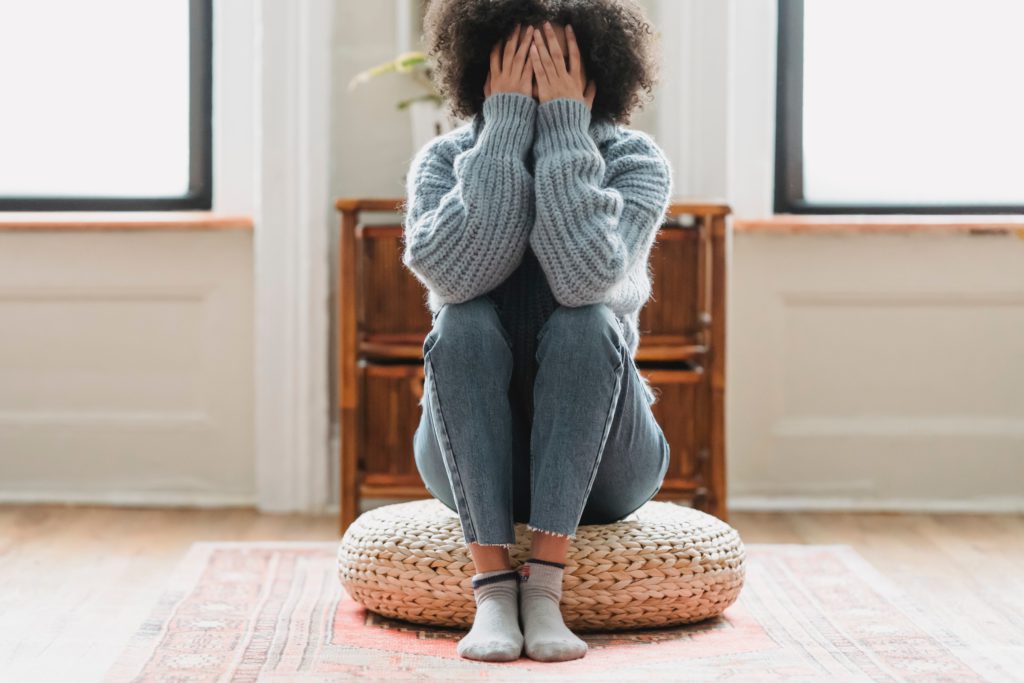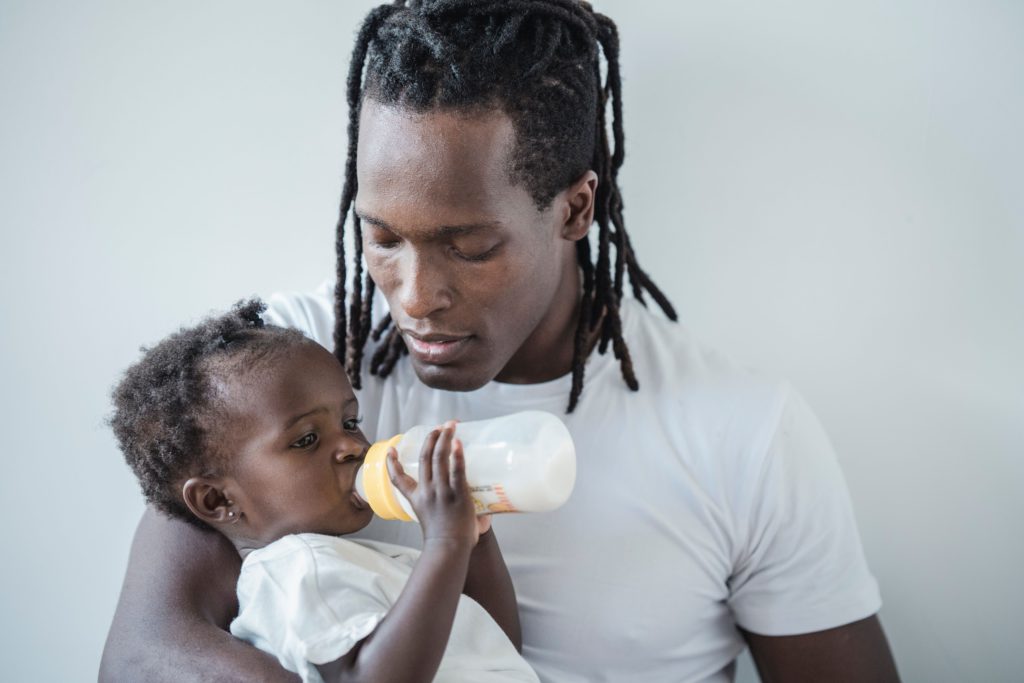Your little bundle of joy is finally here! After those tiring 9months, you finally get to hold your baby in your arms. You have every reason to be happy, but you can’t seem to shake away the feeling of overwhelming sadness. If this is you, you may be suffering from what is known as “Postpartum Depression.”

What is postpartum depression? How do you know if you have it? How can you cope with it? Keep reading to learn everything you need to know.
What is Postpartum Depression?
Postpartum depression, commonly known as PPD, is a form of depression that develops after giving birth. It involves strong emotions of sadness, anxiety, and fatigue that remain for a long time after childbirth.
Postpartum depression is not restricted to just the person who gives birth but can affect adoptive parents and surrogates as well. This is because after having a child, people go through a lot of mental, emotional, financial, physical, and social changes that may induce depression.

Symptoms of Postpartum Depression
Symptoms of postpartum depression may include:
- Lack of motivation and energy.
- Difficulty concentrating or thinking.
- Excessively worrying or being tense.
- Loss of interest in past interests or hobbies.
- Eating less or adjusting one’s appetite.
- A lack of interest in your child or feeling uneasiness around your child.
- Having trouble falling asleep or constantly wanting to sleep.
- Having persistent headaches, aches, pains, or stomach problems.
- Crying excessively or without cause.
- Feeling sadness, worthlessness, hopelessness, or guilt.
- Suicidal or self-harming thoughts.
- Thoughts of harming your child or feeling like you don’t want your baby.
Please let your doctor know as soon as possible if you are experiencing any of these symptoms.
Causes of Postpartum Depression
There is no specific cause of postpartum depression, but the following may be responsible:
- Physical Changes: There might be a change in the physical environment after childbirth. Your body would also change too, and you may have a hard time adapting. These changes may cause new moms to feel worn out, irritable, and depressed.
- Emotional Issues: The period after childbirth is one of the most stressful moments mothers have to go through. This stress may affect your emotions and make it difficult to deal with even little issues.
- Genetics: According to studies, the likelihood of developing postpartum depression is increased if there is a family history of the condition.
It’s important to keep in mind that none of these problems are your fault, and you are not responsible for what you are feeling.
Can Postpartum Depression Affect Your Baby?
Yes, as postpartum depression may make it difficult for both you and your baby to adjust to breastfeeding. As a result, your baby may not nurse for long.
This condition may also make it difficult for you to care for your baby if they get sick. You may not quickly notice any signs that they need urgent medical treatment and this may affect your baby’s health.
Therefore, it is essential to seek help immediately if you notice any signs that you may be depressed.
How to Cope With Postpartum Depression
Generally, dealing with depression involves a multidisciplinary approach with no single right way to treat it. Unfortunately, there is also no magic wand that can make all the sadness go away.
However, the following tips may be of help:
Stay Fit and Healthy
Make an effort to be active each day. You could do something as simple as taking a walk. Also, make sure to eat well-balanced meals and get as much sleep as you can.
Ask for Help and Accept It.
Keep in touch with those who are close to you and let them know how you are feeling. You are going to need all the help you can get after childbirth. Don’t be shy to ask for it.

Indulge in Some Self-care.
Make time for yourself and the activities you love, such as hobbies, conversations, and outings with friends and family.
Join a Support Group for New Parents.
Finding others who are going through similar situations will help you feel less alone and make things easier to handle.
Seek Medical Care
If the feelings of overwhelming sadness won’t go away, seek help from your doctor or healthcare professional. They have several options to offer you such as therapy, counseling, or medications.
Take Home Message
Postpartum depression is something that a lot of new parents experience after childbirth, so you are not alone. Reaching out to those who can assist you may not be easy, but it’s the best thing you can do for yourself, your baby, and those around you.

